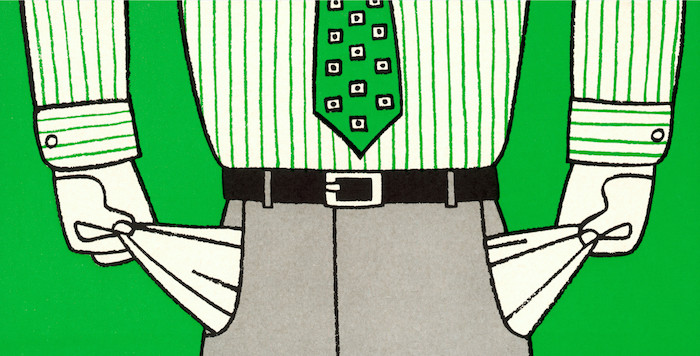
Monica Berg is opening up – her bar and her views on the industry. After time to reflect, it’s time to make changes, she says
Our industry is having a tough moment right now. Since day one of the government-ordered lockdown, we have adapted, innovated and transformed our businesses in ways unthinkable only six months ago.
Occasionally, those changes were led by creativity, but mostly they were a necessity for survival. As an individual, I have never felt more helpless – and at times also hopeless – than in these past few months, and what really kept me going was our daily Zoom trainings with the team. We even managed to do a couple of Zoom staff parties, which were surprisingly fun, despite the fact that not even a collective hangover could take our minds off the gloomy reality of lockdown.
When you feel vulnerable, it’s always comforting to retreat back to your comfort zone and rebuild your confidence, but also to take time to think and reflect on what you can do differently – and what you can do better. It might just be me, but I’ve always had this feeling that we – bars and bartenders – are the underdog, perhaps even the black sheep, of hospitality, and as we all try to adapt to this ‘new normal’, whatever that might be, a few things are becoming crystal clear, and nothing more than this – our current systems don’t work.
Broken systems
When the furlough scheme was announced, I, along with other business owners in the UK, felt an enormous relief, as it became clear we would be able to keep our team employed with the support of the UK government. Compared with many other countries, this most definitely helped save countless jobs, but when the details of the scheme were released, it also identified one of our weakest links – how we pay our staff. When both tronc and tips were excluded, it essentially meant that workers in hospitality would receive much less that the 80% stated in the scheme, despite both being taxable income in the first place. With the fear of stating the obvious, we need to change how hospitality workers are paid, and we need to give our staff more security moving forward. If we are, in fact, ‘in this together’ and a ‘family’, we need to commit to this in good times and bad, and we need to do it now.
It is no secret our industry is one of the least cash-rich, with the average cash buffer of 16 days for restaurants, against 27 days for small businesses in general and 47 days for real estate. This means, with no revenue, most restaurants will run out of money in little more than two weeks, according to Business Insider. There are no individual numbers for bars, but assumptions are it’s even less than restaurants.
During the lockdown, it was interesting to observe the public conversations around bars and restaurants, and specifically the government’s attitude, and how it differs, towards the two. Yes, restaurants are an important part of our society; they feed us, they act as hubs in our communities and they are the places we take our family out to celebrate special occasions. They deserve to be protected, and they need our support now more than ever.
But bars are important too. And it has become clearer than ever that bars/pubs/nightclubs are important, if not the most important, social meeting places we have today. After all, it is here we go to meet and interact with people on a regular basis; our friends, colleagues and the members of our family who we actually like – even our future friends and respective others are often met here. This is where we discover the unfamiliar, where we broaden our vision and where we eventually grow up and learn how to become an adult – so why is this not important to protect? So I’m not saying don’t support restaurants – I’m saying don’t only support restaurants.
In the past few months, the government has championed pubs as a symbol of post-lockdown freedom, which leads to the question of why then, is it not important to protect this freedom? Would it not make sense to introduce more targeted ways of support that specifically benefit bars and pubs and, more importantly, independently-owned small bars and pubs?
In my experience, the easiest way to find out what people need or want is to simply ask them. If the government had in fact done so, it would get the same answer time and time again. Bars – and restaurants – urgently need help with our landlords. Many landlords are still insisting on 100% rent for the entire lockdown period, in fact many have withdrawn March quarter rents from rent deposits. In the perfect world, bars and restaurants would reopen after lockdown and go back to the same business levels as pre-Covid-19, but one month in, we can already see that that’s not happening. At time of writing, most places are doing somewhere between 30%-60%, and with that it is impossible to pay the existing rates long term.
I know by now that fairness has nothing to do with business, but I will try to make the argument anyway, so here goes. In all fairness, it is not right that the burden of this crisis is put on the small, independent bars and restaurants, which are merely trying to survive, while the landlords and banks protect their shareholders and profit margins. Even if we leave fairness behind and focus on logic, wouldn’t it make more sense to help your tenants survive by giving a helping hand, rather than have empty units for the foreseeable future?
In the end, the fight was never had during lockdown, it only began at reopening, and it will only be won if we can stay open.


